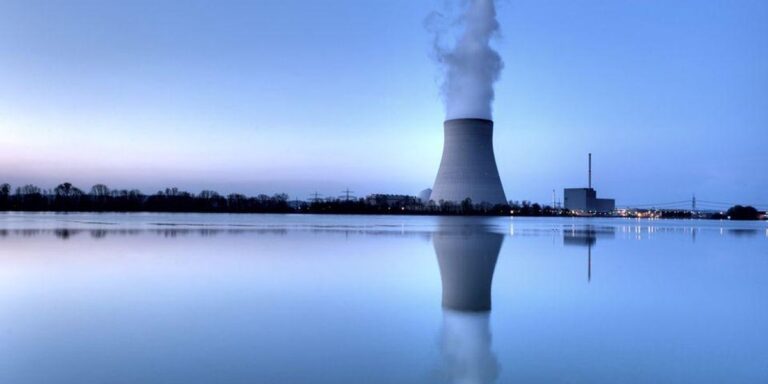Commentators, from Greenpeace to the World Bank, consider climate change an urgent crisis necessitating the reduction of greenhouse gas emissions through the cessation of fossil fuels and a shift to alternative energy sources. While some are advocating for nuclear energy as a clean and efficient solution, it is, in reality, costly and dangerous, with average generation costs at $100 per megawatt-hour compared to $30-$50 for renewables. Despite potential cost reductions, nuclear energy has faced a “negative learning curve,” making it less competitive.
Nuclear power’s inherent risks, including the potential for catastrophic meltdowns from extreme weather or human error, raise significant safety concerns. Historical nuclear disasters, such as Fukushima and Chernobyl, continue to instill fear and long-term psychological effects in affected populations. Moreover, nuclear waste management remains unresolved, posing ongoing hazards without a permanent disposal solution.
The risk of weaponization from nuclear materials adds another layer of danger, making these facilities targets for terrorism. Advocates often misplace comparisons with coal rather than emphasizing renewable energy, which is rapidly advancing economically and socially. A comprehensive national push towards renewable energy is needed, rather than reliance on an underperforming and perilous nuclear energy strategy. Thus, we must shed the “nuclear mystique” and reconsider our path towards energy sustainability.
Source link


